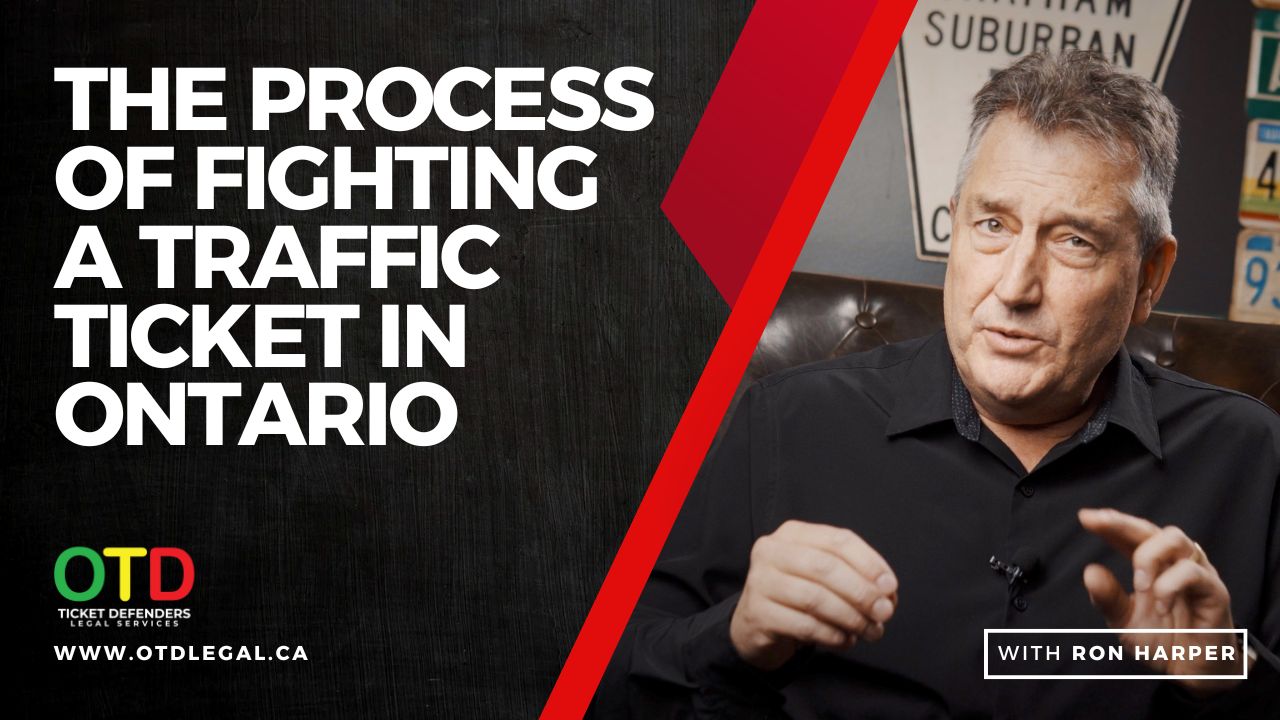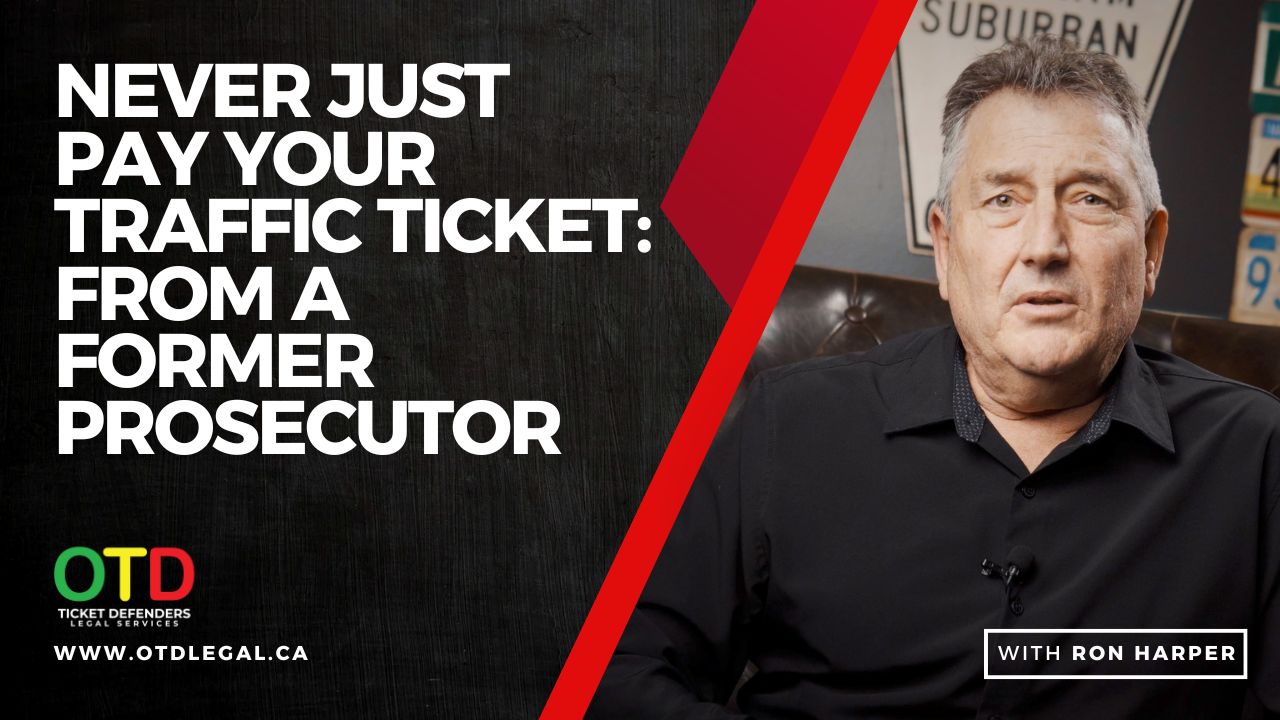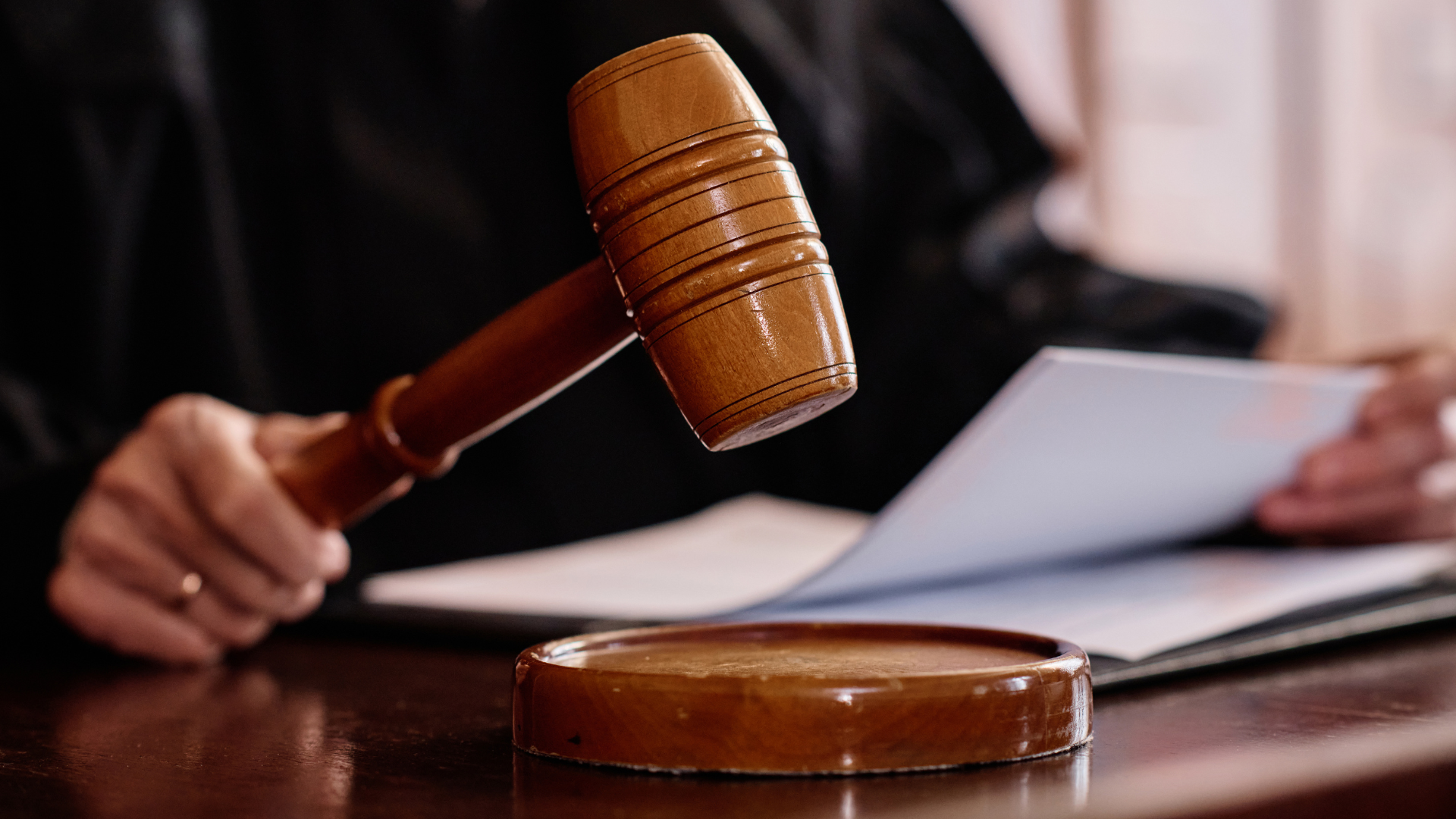In Ontario, minor hit-and-run charges are serious offences that are primarily governed by sections 199 and 200 of the Highway Traffic Act. These sections detail the legal responsibilities of drivers involved in accidents, emphasizing the importance of reporting accidents and remaining at the scene. Let’s delve deeper into what these charges entail and the implications for drivers.
Section 199: Failing to Report an Accident
Under section 199 of the Highway Traffic Act, drivers involved in an accident resulting in property damage or damage to a vehicle are obligated to report the incident. This duty to report is critical. Failing to fulfill this obligation can lead to charges under this section. The point of this charge is to ensure that all accidents with damage are properly documented and investigated.
Section 200: Failing to Remain at the Scene of an Accident
Section 200 escalates the responsibility of drivers involved in more serious accidents. If an accident results in extensive property damage, harm to other individuals – whether they are drivers, passengers in other vehicles, or passengers within your own vehicle – you may face charges for failing to remain at the scene. This offence is considered very serious and carries substantial penalties, including the possibility of jail time.
The Severity of the Charges
The determination of whether jail time is warranted for a failure to remain at the scene is made by a judge or justice of the peace. Aggravating factors, such as the severity of the accident, the extent of the damage or harm caused, and the driver’s decision to flee rather than assist, heavily influence this decision.
Furthermore, if the hit-and-run involves elements like drugs or alcohol, the case may also fall under the Criminal Code of Canada, bringing even more severe consequences.
Legal Obligations and Penalties
Drivers are legally required to not only report accidents but also to assist anyone injured in the incident. Merely leaving the scene without fulfilling these duties can lead to significant legal repercussions. Penalties vary based on the specifics of the offence but can include fines, demerit points, license suspension, and in severe cases, imprisonment.
The Importance Of Proper Legal Assistance
The laws surrounding hit-and-run incidents in Ontario underscore the importance of driver responsibility in the aftermath of an accident. For anyone facing minor hit-and-run charges, it is crucial to seek legal advice promptly. Understanding your rights and obligations is the first step toward navigating the legal system effectively. Legal professionals specializing in traffic law can provide guidance, support, and representation to mitigate the impact of such charges on your life.
Video Transcription:
What are minor hit-and-run charges? Most of those charges are covered under two sections of the Highway Traffic Act of Ontario. That would be section 199, sub 1, and 200, sub 1, of that act. Section 199 of that particular act the wording for that particular offence, would be: failing to report an accident.
So if you were involved in an accident and when there’s property damage or damage to your vehicle, you have an obligation to report that. If the damage is significant enough and you did not report the damage, you could be subject to being charged with failing to report an accident. If that accident is so serious, the officers investigate and find out that there was extensive property damage there was harm to other persons, another driver or passengers, or even your own passengers, you would be charged under section 200. The wording for that offense now is failing to remain at the scene of the accident and if you are charged with that, it’s considered a very serious charge and one that includes significant penalty and perhaps even jail time.
Whether there’s jail time on an offense like that is primarily decided by either a judge or a justice of the peace. And it will be based on the aggravating factors of you not remaining at the scene of that accident. We are obligated when there is an accident to make sure if someone’s hurt they get needed assistance.
It’s not enough to simply flee the area and not report or, and not remain. If the matter is considered so serious, for example, if there is an allegation that, you know, you did fail to remain, and there was other components to it, perhaps drugs and alcohol involved, if that allegation is made or investigated and found out to be true, there are charges similar in wording under the Criminal Code of Canada.







